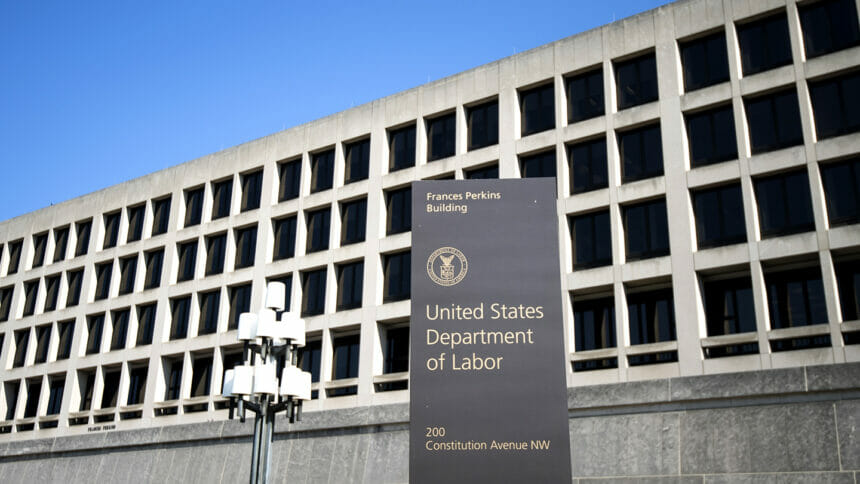
If you work for a home care agency and are reading this, chances are your firm is running afoul of the Fair Labor Standards Act (FLSA). At least, that is what the Department of Labor (DOL) believes.
“The DOL estimates that approximately 80% of all home care providers are not in compliance with the FLSA,” Angelo Spinola, home health, home care and hospice chair of the Polsinelli law firm, told McKnight’s Home Care Daily Pulse.
In an update released this week, Spinola said the DOL is continuing to vigorously pursue FLSA violations by home health and home care providers. The most common FLSA violations include failure to pay overtime and federal minimum wage as well as failure to maintain accurate records of work hours. Since 2022 there also has been an increase in DOL lawsuits alleging healthcare facilities, nursing registries and staffing agencies have been misclassifying employees as independent contractors, resulting in unpaid overtime.
“The DOL’s focus on the home-based care providers and increase in assessing liquidated damages and civil money penalties is an indication that the DOL believes the industry as a whole is not compliant and must be targeted,” he said.
The Biden administration’s focus on FLSA violations is not new. Since 2021, the DOL’s Wage and Hour Division has been investigating low wages and high rates of violations within the healthcare industry. It has completed more than 1,600 investigations and recovered more than $28.6 million in back wages and damages for almost 25,000 workers.
Spinola said that the DOL is currently investigating facilities in Southeast states, including Alabama, Florida, Georgia, Kentucky, Mississippi, North Carolina, South Carolina and Tennessee. Last year, the DOL sought out 193 home care workers eligible for $1.3 million in back wages after reaching a settlement with a Maryland home care firm for FLSA violations.
Some tips if your company becomes the subject of a DOL audit, according to Spinola: Be courteous and cooperative when engaging with the auditor. Next, verify the auditor’s credentials and immediately notify legal counsel, or consider retaining a labor and employment attorney with experience handling DOL audits. Then designate a company representative, either legal counsel or a senior manager, to work with the auditor.
The representative should ask for specific information about the focus of the audit, the time period for records the auditor wants to review, and the names of any employees that may be interviewed. The representative is responsible for gathering and providing the information. At the end of the audit, the representative should ask the auditor to provide a summary of the results. If any violations are found, consult legal counsel before any settlements are agreed to with the DOL.


